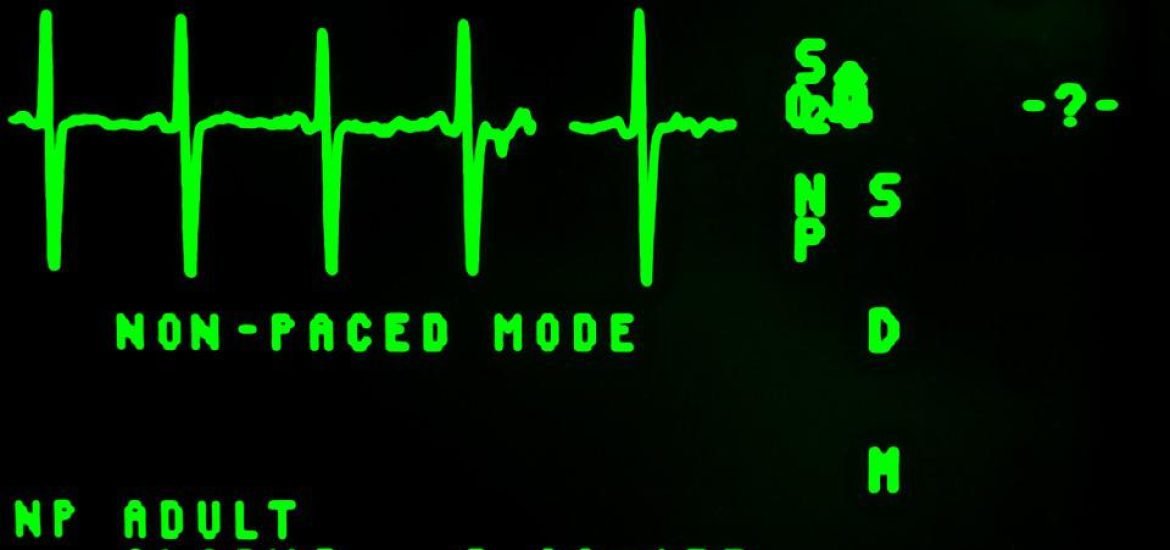
Almost 1/3 of patients with a stroke with unknown cause have heart problems that should be treated to prevent further strokes but can be challenging to diagnose, according to results presented at the European Heart Rhythm Association Conference (EHRA 2022), a congress organised by the European Society of Cardiology.
In the study, stroke patients had their heart monitored for 12 months with an implant to detect atrial fibrillation (irregular heartbeat). “More than 90% of stroke patients found to have atrial fibrillation had no symptoms of the heart rhythm disorder,” said study author Dr. Barbara Ratajczak-Tretel of Østfold Hospital Trust, Sarpsborg, Norway. “For many patients, atrial fibrillation would have gone undiagnosed and untreated without the continuous monitoring, putting them at risk of another stroke.”
In about 1 in 4 strokes, the cause is undetermined, which makes treatment difficult. “The best therapy to prevent another stroke depends on the underlying cause,” said Dr. Ratajczak-Tretel. “Those with atrial fibrillation should receive oral anticoagulants, but a definitive diagnosis is needed before these drugs can be prescribed. Atrial fibrillation can be transient and asymptomatic, making it difficult to detect.”
This study included over 250 patients with no history of heart problems. All patients received a cardiac monitor, which was implanted about ten days after the stroke. The device is about 1/3 of an AAA battery and was inserted subcutaneously over the heart under local anaesthesia. Data from the devices was transmitted automatically to the lab for analysis. When atrial fibrillation lasting at least 2 minutes was detected, the lab contacted the patient’s doctor, who then prescribed anticoagulants.
During the 12 months, almost 30% of patients were diagnosed with atrial fibrillation, and almost all of them were asymptomatic. These patients started treatment with anticoagulants, which wouldn’t have been possible without the heart monitor. “In this study, we found that an implantable cardiac monitor was effective for diagnosing underlying atrial fibrillation, which was identified in 29% of patients with a stroke of indeterminate cause. As the probable cause of the stroke was detected, these patients were able to start oral anticoagulation. Atrial fibrillation was asymptomatic in most cases and may not have been detected or treated without continuous monitoring,” concluded Dr. Ratajczak-Tretel.